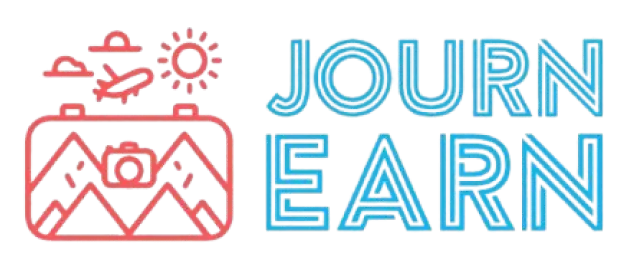We’ll walk you through a simplified process, from understanding your debt to learning about the tools available to you and creating a budget, and ultimately, how to stay out of debt going forward. If you’re ready to get a handle on your finances, let’s get started.
Key takeaways
- Understand what types of debt you have and what you currently owe before making a repayment plan.
- Interest rates vary widely by the type of debt, so prioritize repaying debts that are costing you the most.
- Strategies to tackle your debt include DIY repayment, balance transfers, consolidation loans, home equity loans, and more.
- Cut back spending while paying down debt to prevent your balance from growing, and make a plan to stick to your budget so that you don’t get back into the debt cycle.
Types of debt (and why this matters)
There are a few types of debt that you should understand:
- Secured debt is backed by collateral such as a car loan or a house. If you don’t repay your debt, the lender has the option to seize the asset. It usually has lower interest rates.
- Unsecured debt is held without any collateral and is heavily based on your creditworthiness and trust that you can and will repay the debt. Most credit cards are unsecured.
- Revolving debt is open-ended, which means that as you pay down the balance, you have more credit available to use. An example of this is credit cards and lines of credit.
- Installment debt is closed-ended. You get a lump sum payment from the lender and pay it back over a certain period, usually with fixed monthly payments. Personal loans and car loans are common examples.
Before you pay off your debt, you’ve got to know what you owe. Write down or make a spreadsheet of every type of consumer debt you have—we’re talking credit cards, lines of credit, personal loans, car loans, and student loans. Don’t include secured debt, like your mortgage, in this list.
As you’re listing each debt, make a note of the type of debt/account, amount owed, interest rate, and minimum payment.
When is your debt a problem?
There are many telltale signs that your debt is becoming an issue.
Do a gut check. Are you feeling overwhelmed or stressed by the thought of your debt? Maybe you’re getting calls from collections that make your blood pressure spike whenever the phone rings.
Even if it hasn’t gotten to that point, your debt might still be a concern if you’re only making the minimum payments and your balances continue to grow, or if you have to rely on credit to buy essentials and make ends meet.
You might feel like you don’t have many options, but we’ll show you the tools you have to take control of your personal finances.


